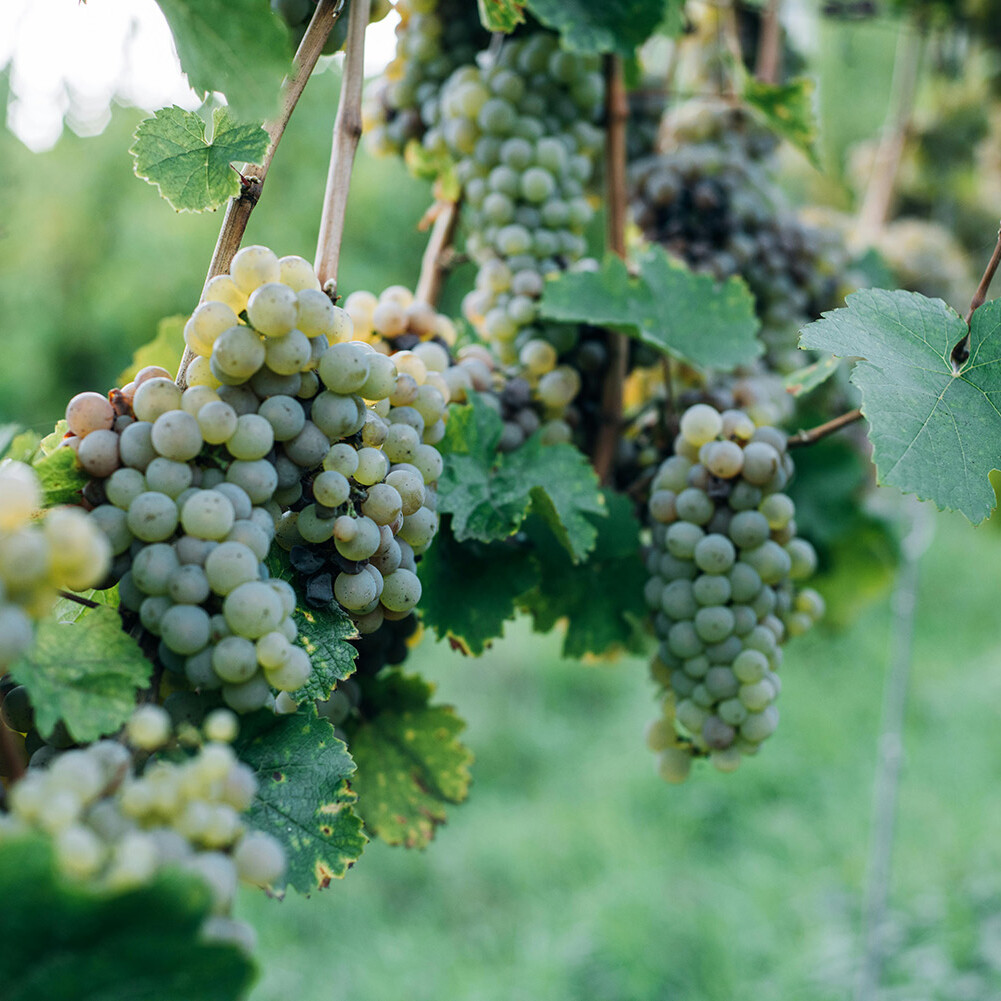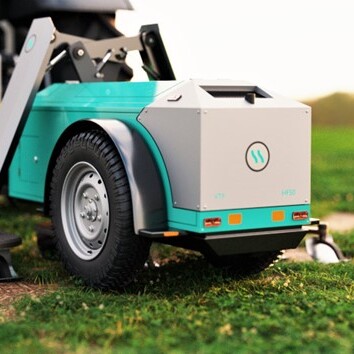
What we brought home from Groundswell
Last week, our full team swapped the Amsterdam canals for the fields of Lannock Manor Farm and two days of shoulder-to-shoulder learning at Groundswell, the UK’s leading regenerative agriculture festival. We went to listen more than talk – because investing effectively in food systems starts with understanding what farmers face on the ground. Here are a few reflections, shaped by the themes that came up in sessions, on field walks, and over coffee queues. Our assumptions were challenged, we got technical on topics we hadn’t touched before, and – most importantly – we heard what farming in harmony with nature really looks like from those living it every day.
Below are five reflections we’re taking forward – insights that not only help us become better investors and more engaged shareholders for our portfolio companies, but also more vocal allies for the regenerative transition.
- Soil health is human health: It might seem a leap from the ground to your gut, but more and more science shows they’re connected. Regenerative farming doesn’t just grow food – it grows nutrients. Crops raised in living soil often contain more of what our bodies actually need – food can be a medicine. Several speakers hinted at a near-future where food isn’t valued by yield or looks, but by how nourishing it is. And wouldn’t that be something?
- Regeneration won’t work if farmers carry all the risk: We heard from farmers trialling regenerative crops like hemp, flax or carrots – each full of potential, but costly to implement without the right infrastructure. A shift in crops means a shift in everything: equipment, processing, storage, logistics. One farmer put it plainly: “If I grow it, who’s going to wash it, pack it, buy it?” The message was clear: real change won’t come field by field. It takes coordination across the whole value chain and a rebalancing of risk. Regeneration isn’t just about better soil. It’s about fairer systems, shared responsibility, and the support growers need to make bold decisions.
- Diversity means resilience: We learnt a lot about seeds – specifically, how many we’ve lost since WW2. But there’s hope: plants “don’t forget” their potential. Farmers are working with breeders and reviving heritage varieties – testing which ones thrive under lower-input, regenerative systems. When you grow two types of peas together, for example, they can support each other in extreme weather conditions. To build resilience in regenerative agriculture, it’s essential to maximise biodiversity and system complexity; nature works in collaboration – and so should we.
- We’re wasting food for the wrong reasons: Only 40% of apples harvested in the UK make it into supermarkets’ top aesthetic categories. Not because they’re unhealthy or unripe – but because they don’t look “perfect.” It’s a quiet scandal of modern food systems, and one that regenerative thinking challenges. What if we valued food by what it gives us, not how it looks?
- Regeneration means listening to nature’s 4.5 billion years’ of experience: Farming in harmony with nature isn’t a new invention – it’s an old wisdom we’re finally learning to respect. Groundswell reminded us that the answers aren’t all in labs or boardrooms. They’re in the soil, the seasons, the symbiosis of animals and plants, and the lived experience of farmers who work with – not against – these rhythms. Regenerative agriculture is about tuning in to the intelligence of nature and letting it guide how we grow food, build resilience, and care for the land that feeds us.
We hope you find something in these takeaways that sparks your curiosity or deepens your perspective. With muddy boots, full notebooks, and minds still processing it all, we know no article can truly capture the depth and energy of what we experienced over those two days – but this is our attempt to honour it, and to share a glimpse of what left a mark on us. Perhaps just as meaningful was the time we spent together – 18 of us from across both the Pymwymic & Schevichoven teams shared this experience side by side. Away from desks and calendars, in the open air, we reconnected with each other and with what brought us here in the first place: a shared belief that food systems can heal, not harm. Groundswell gave us space not just to think, but to feel – to walk the land, eat the food, meet the people, even to dance to Groove Armada, and most importantly remember why we choose to do this work together, every day.
If you’re asking similar questions – or looking for partners on this path – we’d love to hear from you.
The Pymwymic Team

Think we’d make a good fit?
If you’re a game-changing agri/food startup looking to scale your impact, let’s connect.









